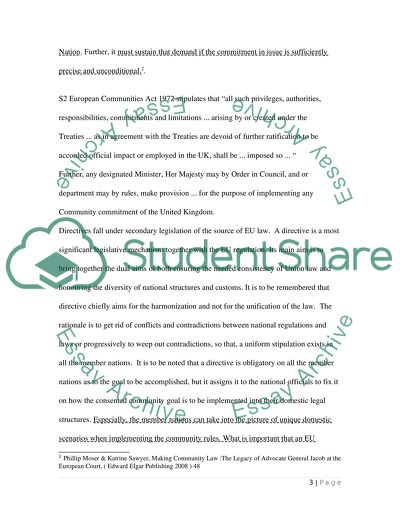Cite this document
(“EU law Assignment Example | Topics and Well Written Essays - 2750 words”, n.d.)
Retrieved from https://studentshare.org/law/1394903-eu-law
Retrieved from https://studentshare.org/law/1394903-eu-law
(EU Law Assignment Example | Topics and Well Written Essays - 2750 Words)
https://studentshare.org/law/1394903-eu-law.
https://studentshare.org/law/1394903-eu-law.
“EU Law Assignment Example | Topics and Well Written Essays - 2750 Words”, n.d. https://studentshare.org/law/1394903-eu-law.


